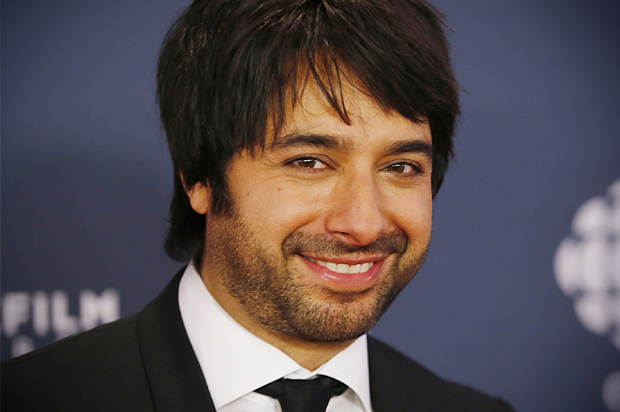We don’t often get to talk about misogyny, toxic masculinity and male sexual entitlement outside of certain feminist and progressive spaces, whether those spaces are online or offline. In fact, just use the words “toxic masculinity” in a sentence and you’re bound to lose a lot of people straight out of the gate. People, even people who think rape is bad and that mass shootings are terrifying and preventable and that men shouldn’t threaten women with death for critiquing video games, bristle when you direct these conversations back to what seems to connect most of them, if not all of them.
But try to talk about toxic masculinity and you’re likely to get dismissed as a cynical opportunist pushing an agenda. Or a misandrist. (A “creeping” misandrist, even.) I saw that happen a lot over the weekend when women I follow on Twitter tried to talk about the Seattle shooting, in which a 14-year-old boy killed a girl and badly injured four other students, as part of a pattern we’ve seen before. It was a familiar script. When I wrote about Elliot Rodger’s misogyny after he killed six people in Isla Vista, California, I received a lot of angry emails telling me that I was politicizing a tragedy. It seems that, even when a killer leaves hundreds of pages detailing his racist and misogynistic worldview, we aren’t supposed to talk about those things. (We also aren’t supposed to talk about the data we have showing that 98 percent of shooters are men. Or, as the Guardian’s Jessica Valenti pointed out on Monday, research that shows that responses of “explosive anger” are “two to three times more likely to occur in male teens, and twice as likely in adult men.”)
There is a dangerous and deadly pattern at play, and every day I read something that I file away as part of the growing list opportunities to talk about toxic masculinity, opportunities we should take. Because these aren’t isolated incidents, but the product of something more insidious and more dangerous. Sometimes, I keep actual lists. This week, my list looked like this:
1. Cop stole arrested women’s nude photos as ‘game’: docs
2. Teenage Boy May Have Shot Up His School Because His Girlfriend Broke Up With Him
3. Is GamerGate About Media Ethics or Harassing Women? Harassment, the Data Shows
4. Oklahoma City police officer accused of sex crimes released from jail for second time
5. CBC fires Jian Ghomeshi over sex allegations
Now unless you are of the belief that men are wired to be violent (I am not), then talking about our culture, how boys are raised to view themselves and others around them, seems pretty important. And to talk about this does not mean that all men are rapists or violent killers. And to talk about allegations of rape does not mean we are convicting men in the “court of public opinion.” It just means that there is something going on here, that these stories tell us something, and that the response to these stories reveal something, too. We need to look at and challenge those things.
So maybe we look at the story of cops stealing photos and treating a gross violation like a fun activity or an Oklahoma cop who is alleged to be a serial rapist and we question abuses of power and abuser dynamics in law enforcement. Maybe that can shape some of our thinking about why women don’t always report sexual violence to the cops. And while it may be impossible to know what drove Jaylen Fryberg to kill another student and himself, we have a very familiar set of circumstances that we can talk about instead of running away from them. We can look to the tragedy in Seattle and situate it as part of a larger pattern of violence that has revealed itself again and again and begin thinking about what addressing that violence might actually look like. Whether it’s gun control or healthy masculinity or both of these things.
And maybe then we can think about Gamergate and the harassment that has come to define this “movement” and we can question why so many people seem willing to look past that and lend credibility to serial harassers who have forced women offline and out of their homes. And while we wait to learn more about the allegations against Ghomeshi, we can still think about where our allegiances reflexively go when we learn about high-profile assault cases. Whom we believe and whom we don’t. We can ask questions about how the details included and excluded in reporting on allegations shape our view of those allegations. And we can listen to women who say that they didn’t speak out about harassment or violence they endured because they were scared that doing so would lead to more harassment.
Answers don’t always come easily. But a willingness to sit with and try to answer difficult questions is a minimum standard. Sadly, it’s one we’re failing to meet again and again and again.

